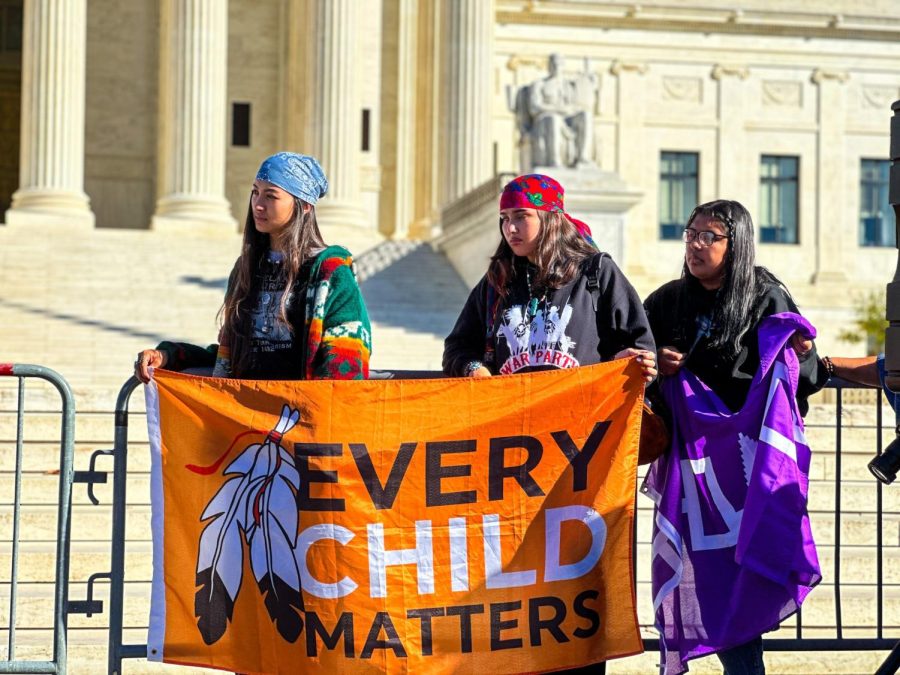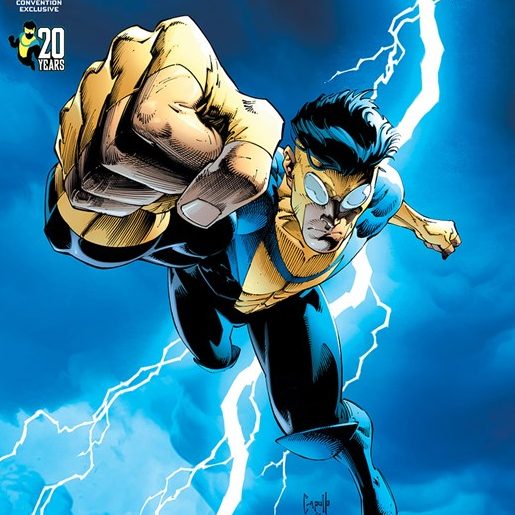Haaland v. Brackeen and What It Means for Native American Children
December 23, 2022
In November, the case of Haaland v. Brackeen was brought before the Supreme Court and stirred up questions surrounding long-held federal protections for Native American families.
The case involves three white couples who looked to adopt Indigenous children, and who argue that the 1978 Indian Child Welfare Act discriminated against them for their race during the adoption process. They are all foster families who moved to adopt the Indigenous children they had fostered, against the wishes of the children’s biological families. Two of the three couples involved were able to go through with the adoption, but claim that the ICWA made the process difficult.
In the 1970s, a third of Indigenous children in the U.S. were removed from their homes, and around 85% were placed in non-Native homes, without any due process. In 1978, the Act was passed and “restricts the removal of Native American children from their families and establishes a preference that Native children who are removed from their families be placed with extended family members or Native foster homes.” The law was created to give Native American tribes the power to intervene and have a say in child welfare cases regarding their members.
So what does the ICWA do? When a Native American child is removed by the state for any reason, the child’s parents, relatives, and tribe must be notified immediately about what is happening. The family is given protections by the state to testify, present evidence, and partake in other legal rights that were not granted to Indigenous people in the past. The state must actively work to prevent the separation of a Native American family, and provide resources and help to keep the family together. An expert witness is required, who is familiar with Native American practices and can ensure that the child is not being removed for any discriminatory reasons.
The ICWA protects Native American tribal sovereignty, and aims to prevent the kinds of unlawful separations that historically separated many Indigenous children from their cultures and communities. Although it has its flaws, the law has worked in “dramatically reversing a centuries-old pattern of attempting to assimilate children to the values and institutions of the dominant culture by removing them from their families,” commented anthropologist Pauline Turner Strong.
Deidre Henderson, Utah’s lieutenant governor, is among the state officials who have voiced their support for ICWA, tweeting that “A tribe is a political and governmental classification, not a racial one…Utah supports the Indian Child Welfare Act (ICWA) and will seek to codify it to protect the eight federally recognized Native American tribes in our state.”
The lawsuit challenged the law as violating principles of the Tenth Amendment. In district court, the ruling was for the plaintiffs, striking down parts of the ICWA. The defendants appealed, and a panel of the U.S. Court of Appeals for the Fifth Circuit reversed the initial ruling. SCOTUS heard the case in November, and a decision is currently pending.
Despite the lawsuits filed, many groups offer support for the ICWA, including hundreds of tribal nations, many child welfare organizations, almost half of the states, and 77 members of Congress.
“I think this law is important, especially considering the history of Indigenous peoples in America and how easily Native children were taken away. The protections offered by ICWA keep the children’s best interests at heart, and help them stay connected to their cultures as best as possible” commented Wayne Hills senior Catie Galloza.


![Rakim’s celebration with attorney upon hearing not guilty verdict [Courtesy of NBC News]](https://whhspatriotpress.com/wp-content/uploads/2025/04/Rocky-aint-guilty.webp)



